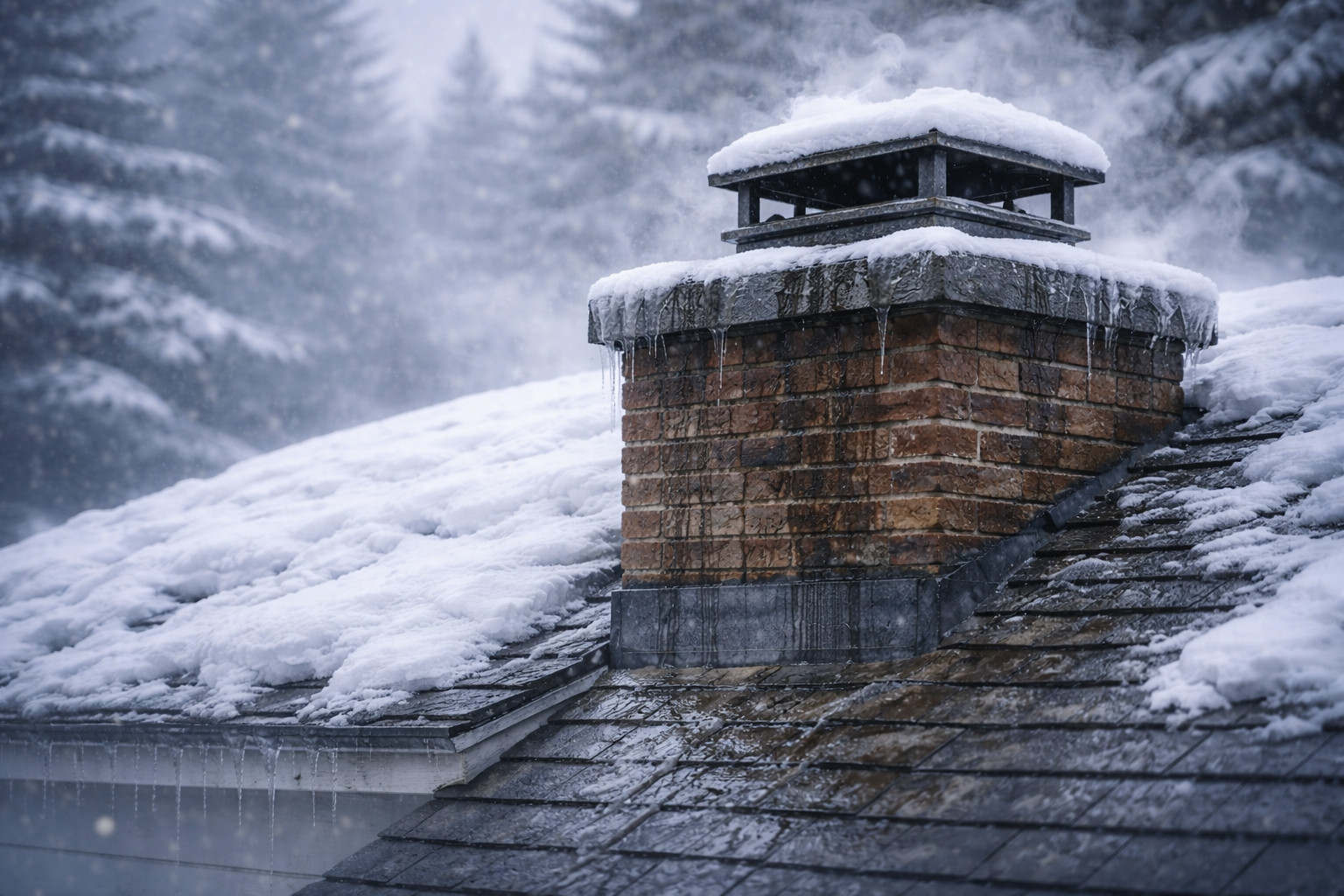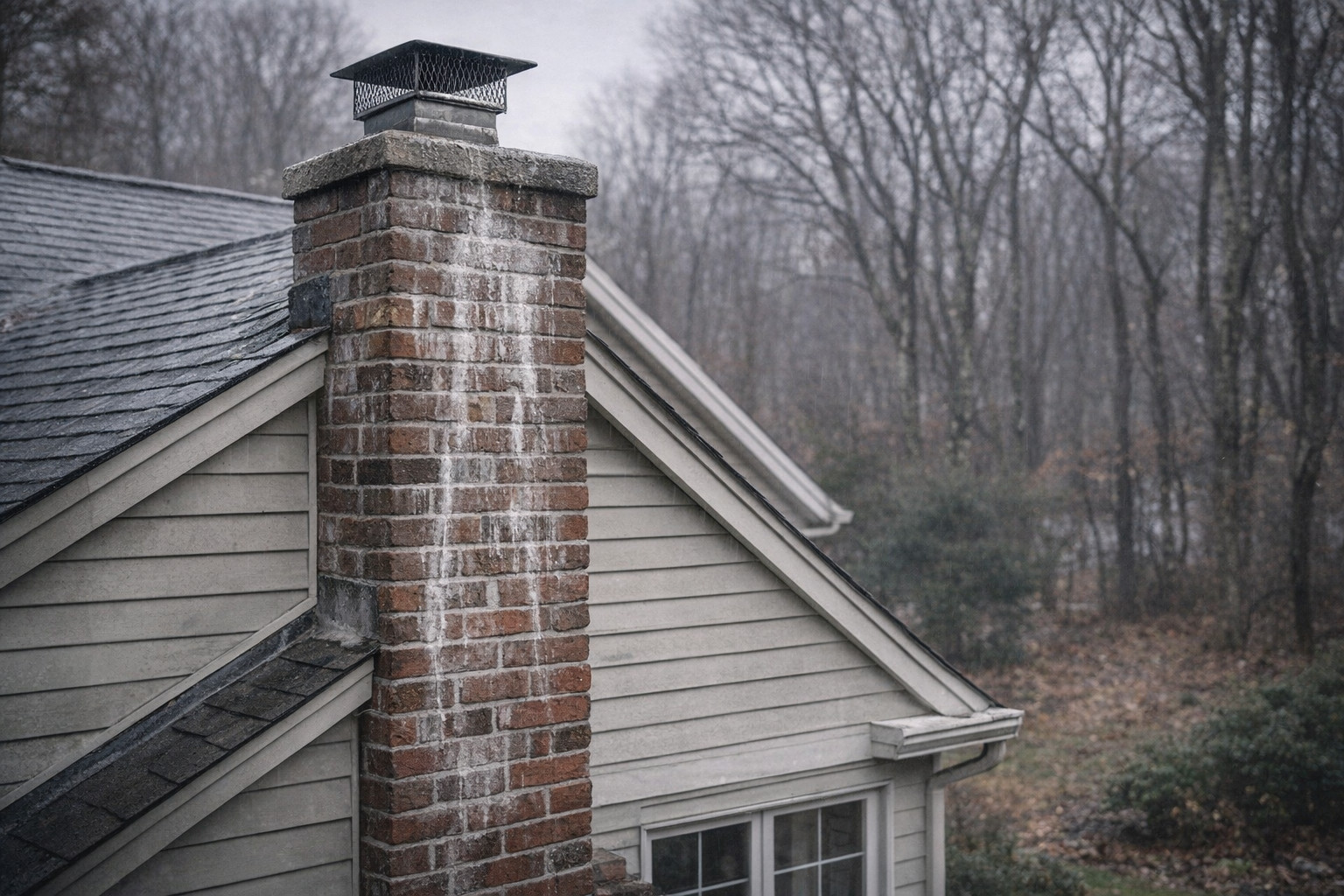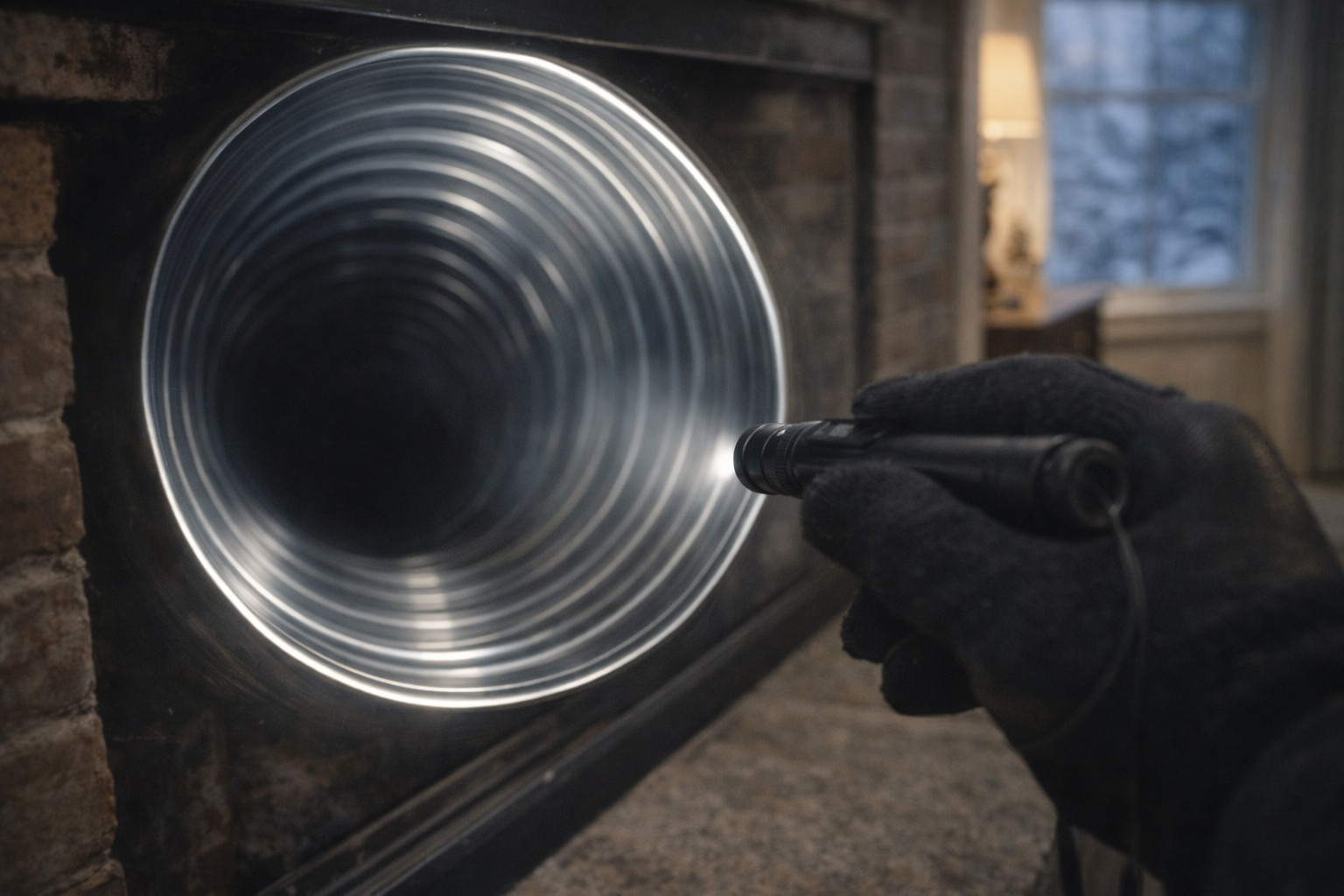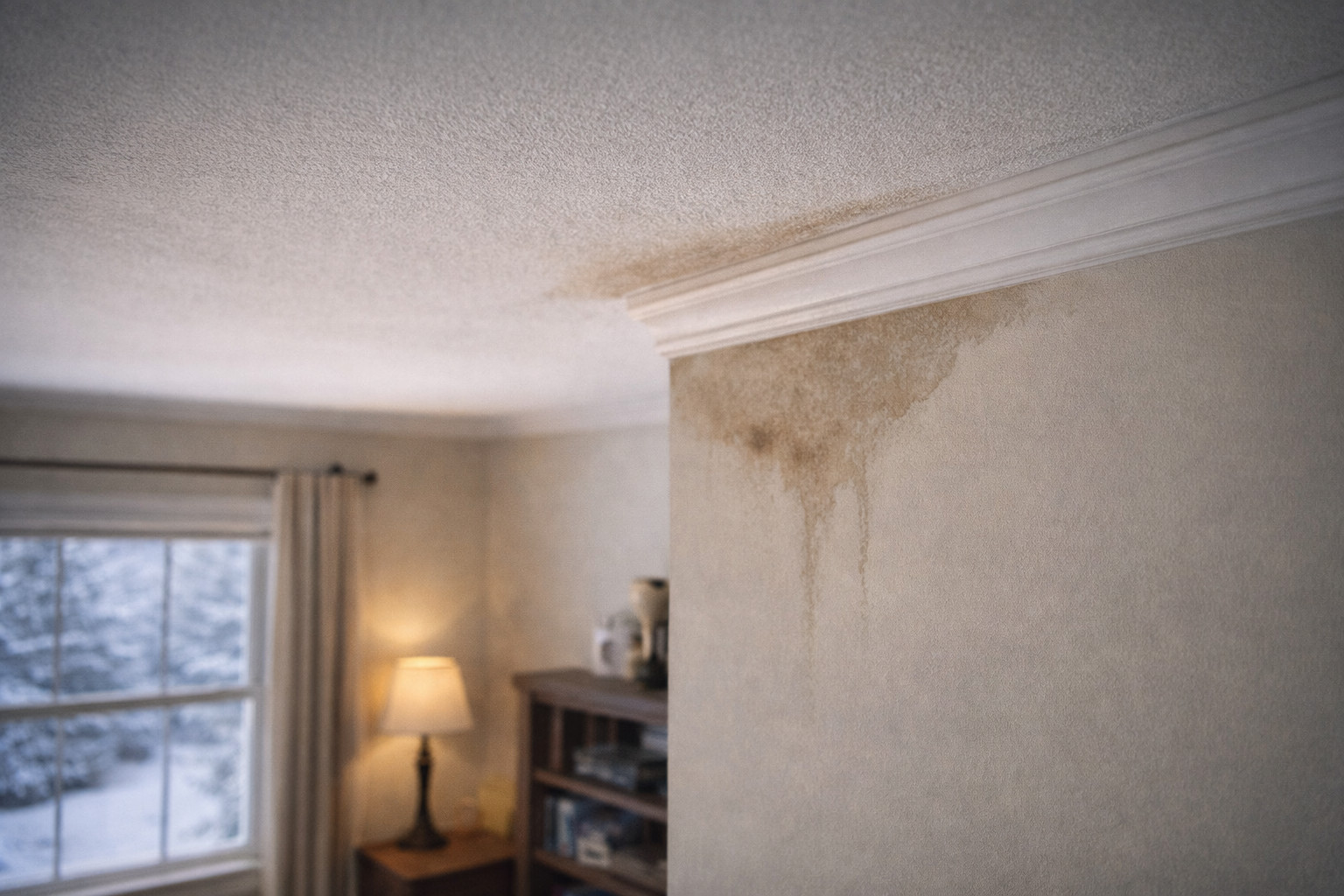Why Chimney Maintenance Is Crucial for Historic Homes in Belle Haven
Owning a historic home in Belle Haven is both a privilege and a responsibility. Regular chimney maintenance not only safeguards your family from fire hazards and structural issues but also preserves the timeless character that makes these properties so unique.
Share:
Table of Contents
Belle Haven is known for its beautiful historic homes, but these older properties come with unique maintenance needs, especially when it comes to chimneys. Chimney systems in historic homes are not just functional; they contribute to the structural and aesthetic integrity of the home. Without regular upkeep, they can pose serious safety risks and lead to costly repairs. Maintaining your chimney is essential for preserving both the character and safety of your historic home.
The Importance of Chimney Maintenance in Historic Homes
Historic homes require a higher level of care due to aging materials and outdated construction methods. Chimneys in particular are prone to deterioration over time, and without proper maintenance, they can pose serious risks. From creosote buildup to moisture intrusion and structural weaknesses, ignoring chimney care could lead to fire hazards, carbon monoxide exposure, or costly repairs down the line.
In many Belle Haven homes, chimneys are not just functional elements; they are architectural landmarks that define the home’s historic style. From masonry walls with intricate patterns to exposed chimney breasts that showcase craftsmanship from decades past, these structures reflect the rich architectural legacy of the area.
However, aging materials like clay tile liners, outdated chimney liners, and weather-worn crown moldings can deteriorate over time. Damage such as spalling bricks, weakened mortar joints, or leaning chimney stacks may not only affect the home’s appearance but also compromise structural stability.
Routine chimney inspections and Chimney Services are essential to preserving the visual and functional integrity of these older structures. In some cases, Chimney Restoration or full chimney rebuilds are necessary to address long-term wear. Whether it’s a chimney leak repair or full Chimney & Masonry Repair, working with a qualified technician ensures any intervention aligns with historical preservation guidelines.
Safety and Efficiency of Wood-Burning Fireplaces
Wood fireplaces are a hallmark of historic homes, offering warmth, ambiance, and tradition. However, these systems often lack modern venting standards and fireproofing, which increases the risk of carbon monoxide leaks, chimney fires, and indoor air quality issues.
Over time, creosote accumulates inside the flue, especially in homes that burn unseasoned wood or fail to schedule regular cleanings. This highly combustible material can ignite with little warning. Professional Chimney Sweeping and Creosote removal are necessary to keep the fireplace safe and functional.
Older chimneys may also be missing proper chimney liners or have deteriorated clay liners that require Chimney Liner Repair or a complete liner replacement. A damaged or missing liner allows heat and gases to escape into the walls, increasing the chance of a house fire or structural damage.
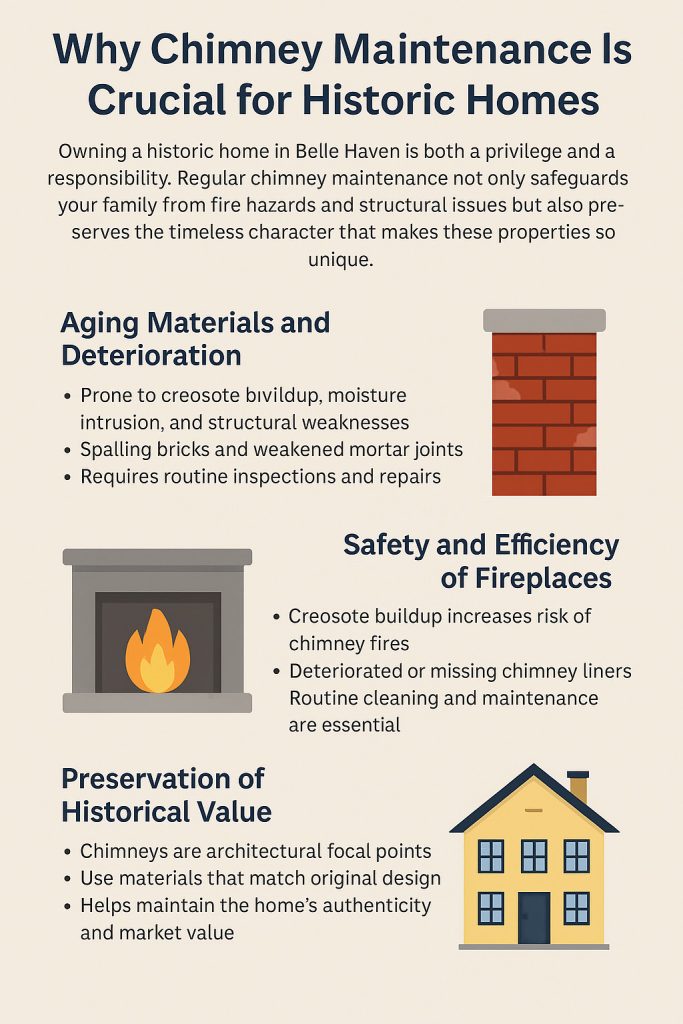
Routine fireplace cleaning and maintenance, especially in homes with original fireplace glass, antique fireplace tools, or unique fireplace chimney setups, helps identify fire hazards early. This is particularly important for homeowners near Cygnet Drive, Princeton Drive, and other Belle Haven neighborhoods where property values and architectural preservation go hand in hand.
A certified chimney sweep will also check for blockages caused by neglected dryer vents, debris in prefabricated chimneys, and airflow obstructions related to aging HVAC systems. For homes using supplemental heating like water heaters, ensuring proper venting is critical to reducing safety hazards.
Regular Chimney Inspections Prevent Bigger Problems
Annual chimney inspections are recommended by the Chimney Safety Institute of America (CSIA) and are essential for spotting early warning signs of damage. For historic homes, a Level 2 inspection may be needed to evaluate hidden issues like flue liner cracks, moisture penetration, or blockages caused by deteriorating masonry.
Learn more about CSIA guidelines here
Masonry Deterioration and Structural Risks
Masonry decay is one of the most common concerns in historic chimneys. Over time, weather and wear erode the mortar that holds the bricks together, making the structure vulnerable to collapse. A professional can assess the extent of the damage and recommend solutions such as repointing or rebuilding.
The Benefits of Regular Cleaning and Restoration
Routine cleaning not only improves air quality and fireplace performance but also allows professionals to assess structural damage. Restoration services, such as chimney relining, crown repair, or chimney rebuilding, help preserve both safety and visual appeal.
For more details, visit Certified Chimney’s chimney cleaning service page
Chimney Crown and Cap Repair
The chimney crown, which is the concrete or mortar layer at the very top of the chimney stack, serves as the first line of defense against moisture. When it is cracked, improperly constructed, or missing entirely, water can seep into the masonry below and lead to structural deterioration.
Why Chimney Crowns Crack Over Time
Older crowns often develop cracks due to freeze-thaw cycles, poor installation, or age-related wear. These cracks allow water to penetrate the chimney, which accelerates damage to bricks, flue liners, and surrounding components. Left unaddressed, this type of moisture infiltration can lead to interior water damage, mold, and compromised chimney stability.
Preserving Aesthetic and Historical Value
In a community like Belle Haven, where historic homes are a source of pride, even minor changes to the exterior must be approached with care. Chimneys are often visible from the street and can be defining elements of a home’s architecture.
Matching Materials and Design
When completing masonry restoration, it is important to use materials that match the original design. For example, lime-based mortars are typically used instead of modern Portland cement in historic homes, as they allow the chimney to breathe and move naturally with temperature changes. Using mismatched materials can not only compromise the structural performance but also diminish the home’s historical authenticity.
Protecting Long-Term Value
Preserving the visual consistency of chimney features such as fireplace chimney brickwork, chimney caps, and crown moldings supports the home’s market value and curb appeal. For homeowners considering future resale or historic registry applications, maintaining original detailing can make a significant difference in appraisals and buyer interest.
The Importance of Regular Maintenance in Belle Haven
Belle Haven’s climate, characterized by humidity, winter snow, and salty breezes from the nearby Potomac River, creates a challenging environment for masonry and metal components. Chimneys in this region are especially vulnerable to wear and corrosion if not properly maintained.
How Local Weather Impacts Chimney Structures
Moisture from seasonal storms and temperature shifts can weaken mortar joints, damage chimney liners, and promote internal condensation. Without regular inspections, these issues can develop into serious structural or safety concerns.
Building a Proactive Maintenance Plan
Routine chimney sweeping, crown repair, and leak detection should be part of every homeowner’s checklist, especially for those living in older properties. When paired with annual roof inspections, HVAC system maintenance, and plumbing fixture checks, chimney upkeep contributes to a more complete and cost-effective home maintenance strategy.
Conclusion: Preserve the History, Protect Your Home
Chimney maintenance is one of the most important responsibilities for owners of historic homes in Belle Haven. It ensures the safe operation of your fireplace, prevents water damage and fire hazards, and preserves the timeless beauty of your property.
For expert care rooted in tradition and safety, contact Certified Chimney today. Our CSIA-certified technicians specialize in the inspection, repair, and restoration of chimneys in historic properties across Belle Haven and surrounding areas.
Article details:
- Published by:
- Certified Chimney CT
- Published to:
- Last modified:
- October 2, 2025
Share:
Continue learning:

